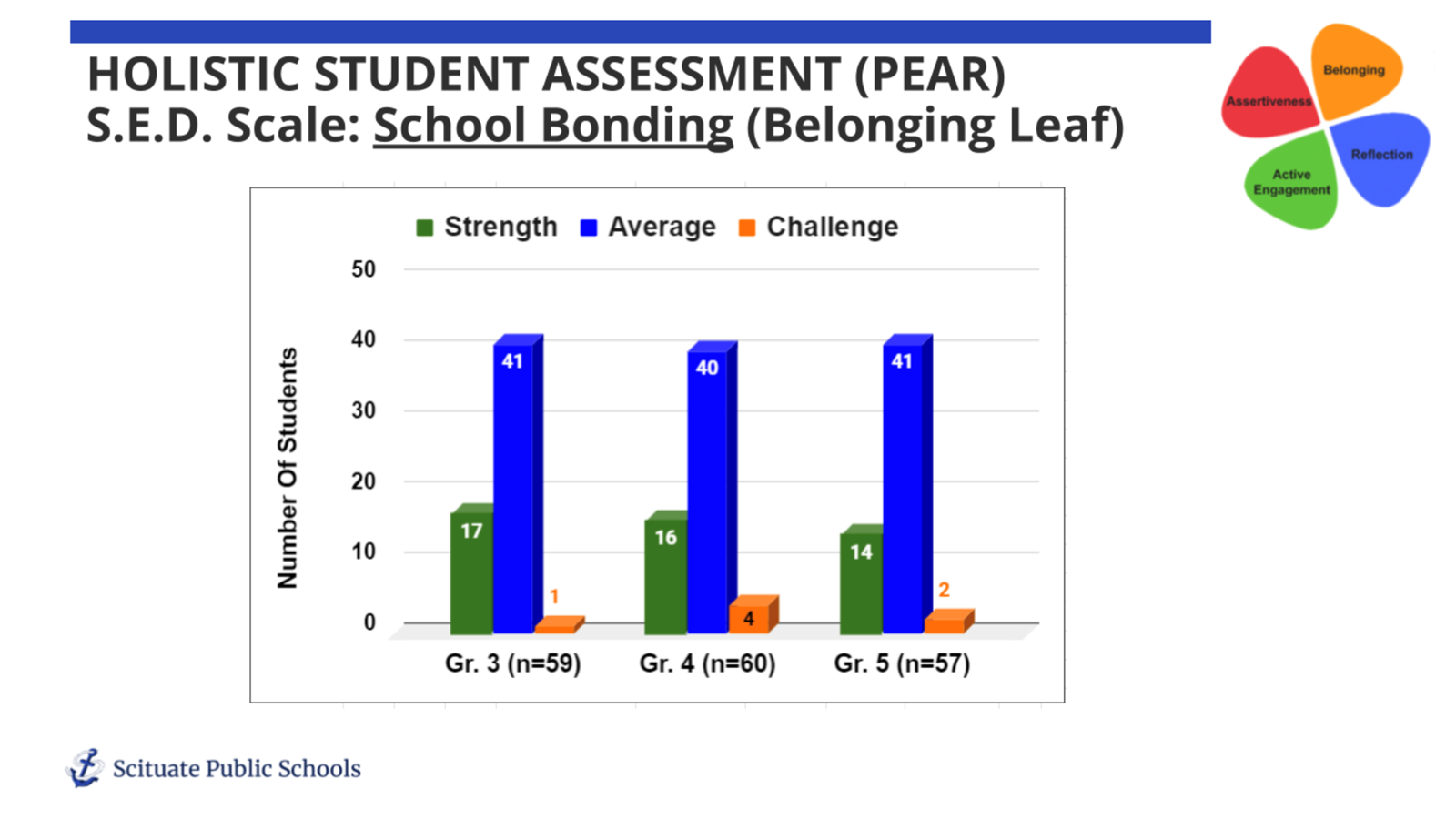School Improvement Plan Update: Wampatuck

Caption: Wampatuck 2nd graders learning with DEI Director jamele Adams.
Wampatuck School Council Members
The School Council is responsible for creating and implementing the School Improvement Plan. Our membership has a balance of staff, parents and community members to ensure that a holistic perspective is guiding our school.
School Council Members 2022-2023
- Tracy Riordan, principal
- Elizabeth Horne, teacher
- Colleen Guimares, teacher
- Cynthia Duggan, community representative
- Alicia Herlihy, parent
- Jill Hartman, parent
- Peter Gates, school committee
- Deb Edgren, school psychologist
- Christina Mylett, parent
Wampatuck School Improvement Goals
Pillar 1: Culture of Excellence
Goal #1: By June 2023, the Wampatuck Community will meet the diverse needs of all students (socially, emotionally, and academically) by focusing on developing effective, standards-based curriculum and instruction that supports the belief that all students can learn and achieve at high levels.
Pillar 2: Culture of Collaboration and Personalization
Goal #2: By June of 2023 the Wampatuck school community will develop and implement culturally responsive policies, practices, and celebrations that acknowledge the diverse backgrounds, identities, strengths, and challenges of students and staff. We will collaborate with students, staff, parents, administrators, and community members to maintain a dynamic inclusive student centered learning environment.
Wampatuck School Data
The elementary schools in Scituate use multiple measures to closely monitor the growth of each individual student. For example, the graphic below shows how quick tools are used to collect information about the acquisition of reading skills.

ELA Measures
STAR
This computer based assessment is administered throughout the year. The STAR reading tool assesses a student’s ability to gain meaning from a text. The computer adaptive program is about 34 questions that takes approximately thirty minutes to complete. Below is the data that was collected at the beginning of the year.

DIBELS, Dynamic Indicators of Basic Literacy Skills
DIBELS is a set of short (one minute) assessments that are used with all students in grades K-4 three times a year. The information collects the basic skills needed to be an effective reader. The skill tested varies by the grade level. If a student does not reach the grade level benchmark during an administration window, their progress is monitored to ensure growth.

Math Measure
Universal Number Sense Screener
Three times each year students in kindergarten to grade five participate in a math screening tool. The screeners are quick assessments that help to identify skills and concepts that indicate readiness for grade level content, as well as identify students who would benefit from additional support. Each interview is conducted between an individual student and an educator from Wampatuck. This information will be collected again in January and June.

Social Emotional Measure
Holistic Student Assessment (PEAR)
Students in grades 3-5 participate in the HSA survey. This information will help staff tailor teaching and supports for our student body as well as identify each student’s unique strengths and needs.

Looking for ideas at home?
- Students benefit from making writing a regular part of their routine. Providing your student with a journal and encouraging them to take a few minutes each day to journal will increase their stamina with writing.
- Reading with your student and to your student is the best way to practice the skills they are learning each day.
- Lexia is a wonderful computer program. Students have access to this program at home and in school. If you are not sure how to log your student into the program, please reach out to their teacher.
- ST Math is a new computer program. This program is designed to increase a student's understanding of challenging math concepts by solving high level problems that require the use of critical thinking skills. It is recommended that all students use the program at home and at school.

Caption: Kindergarten team dressed as crayons for “Book Character Dress Up Day.”
